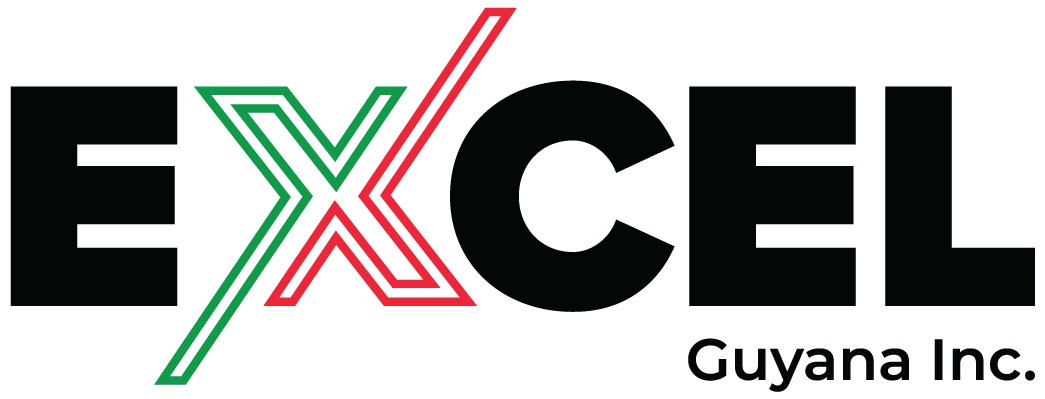In today’s globalized economy, expanding into new markets comes with real promise and real pressure. For many companies, the path to international growth is riddled with regulatory complexity, talent shortages, and the costly overhead of setting up legal entities in unfamiliar jurisdictions. Nowhere is this more evident than in emerging markets like Guyana, where businesses across sectors from construction and renewable energy to technology and manufacturing, are increasingly seeking efficient and compliant ways to establish local operations and build qualified teams.

A key challenge companies face is employment compliance — ensuring that hiring practices, benefits, and labor regulations align with local law. In jurisdictions like Guyana, where labor legislation mandates specific responsibilities for employers, including statutory benefits, NIS contributions, and adherence to the Termination of Employment and Severance Pay Act, non-compliance isn’t just a risk. It’s a liability. This is where the Employer of Record (EOR) model stands apart.
Legal Responsibility vs. Co-Employment:
Understanding the Difference
Opening a legal entity in a new country can take months, and in some cases, much longer. An EOR removes that hurdle by acting as the official employer for your local staff. This allows companies to start operating in Guyana almost immediately, giving them a head start in building teams, serving clients, and competing for market share. For smaller operations or project-based work in any sector, it’s often the most practical route.
Contrast this with the Professional Employer Organization (PEO) model, which operates through a co-employment relationship. In that case, the client must have a legal entity in the jurisdiction, sharing responsibilities and risks with the PEO. For companies without a local footprint, this often adds cost and complexity — especially in regions with evolving regulatory landscapes.
EORs in Practice: A Guyana Case Study
Consider a mid-sized technology company based in Canada looking to onboard engineering talent in Guyana to support a regional infrastructure project. Without an established legal entity in the country, the firm faced delays tied to incorporation timelines, tax registration, and employment law vetting. Instead of pausing the project, they partnered with an EOR provider to directly hire local talent in compliance with Guyanese labor laws.
The EOR handled everything from contract creation aligned with local norms to remitting statutory deductions to the Guyana Revenue Authority and National Insurance Scheme. The result? Project launch timelines were preserved, and the company avoided the overhead of setting up a subsidiary in an unfamiliar regulatory environment.
Choosing the Right Model: EOR vs. PEO
Whether to use an EOR or a PEO depends heavily on your company’s international structure, risk appetite, and long-term strategy. PEOs tend to offer broader HR support — benefits administration, employee development, and risk management — but require the client to have a legal presence in the country of operation. For companies already registered in Guyana and seeking to outsource HR tasks, a PEO might suffice.
But for businesses aiming to test the waters or scale quickly in-country, EORs offer a compliant, lower-risk alternative. In highly regulated industries — whether it’s energy, construction, healthcare, or infrastructure — the ability to onboard qualified Guyanese workers quickly and legally can mean the difference between meeting project timelines or falling behind.
Best Practices When Engaging an EOR
- Assess local compliance gaps: Understand your exposure in countries where you lack a legal entity.
- Prioritize jurisdictions with regulatory complexity: Use EORs in countries with strict labor laws or slow incorporation processes.
- Monitor geopolitical and tax risks: EORs can help shield your organization from legal liabilities that arise from sudden policy shifts.
- Work with local experts: Ensure your EOR provider understands the nuances of Guyanese labor, tax, and employment law.
A Growing Trend Globally
Using an EOR isn’t just about speed — it’s about strategic compliance. As global workforce strategies evolve, organizations must become more agile and informed in how they navigate cross-border employment.
In Guyana, businesses employing local workers without a legal entity are still subject to full labor law compliance — including severance liabilities — even if workers are classified as contractors. An EOR helps companies navigate this risk effectively.
With deep expertise in Guyana’s legal and regulatory framework, Excel Guyana continues to support international clients in building compliant, locally rooted operations, without unnecessary overhead or exposure.
